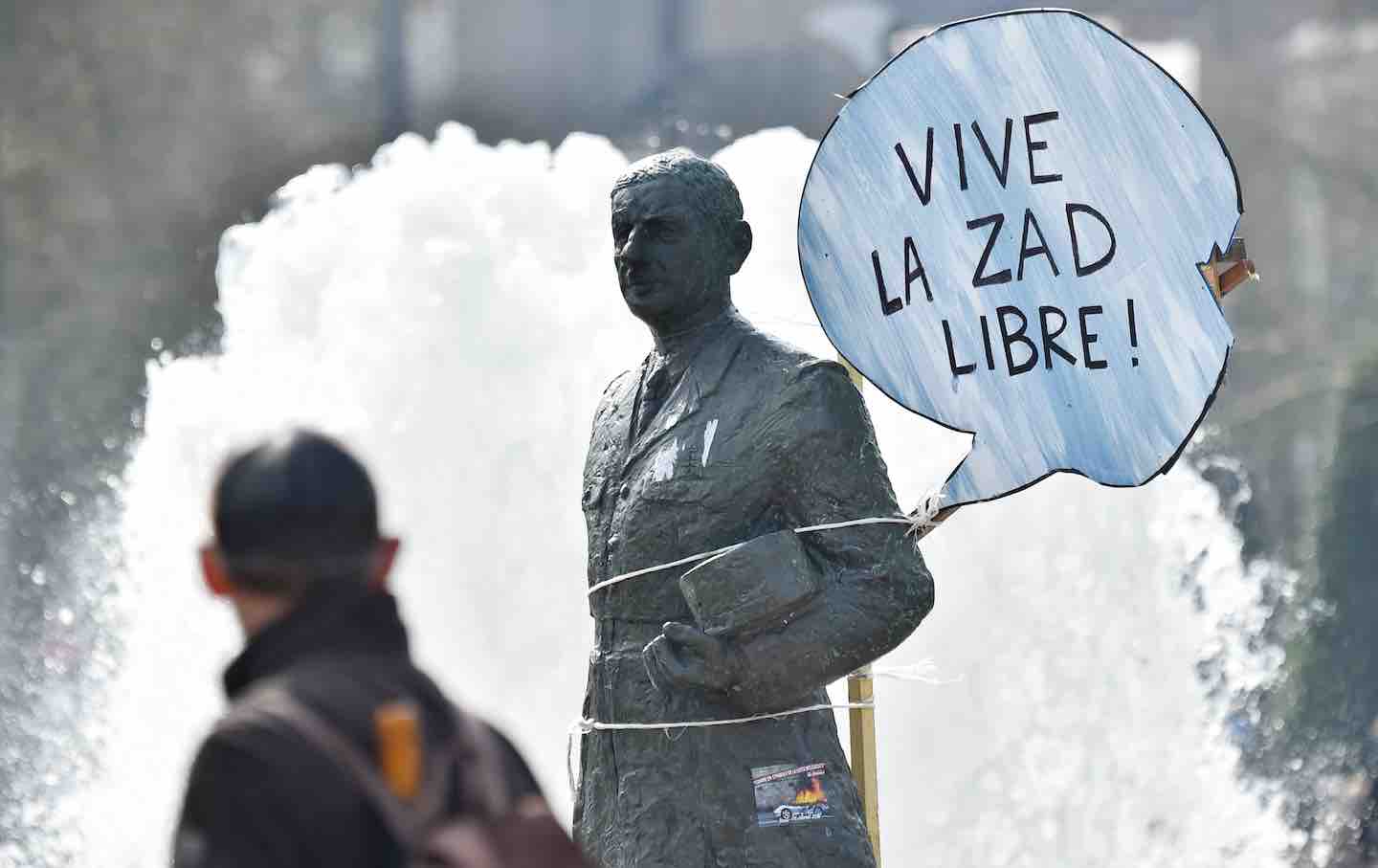Kristin Ross’s book, The Commune Form: The Transformation of Everyday Life, explores a political tradition focused on reimagining class relations that dates back to the 1871 uprising and extends to the contemporary struggles of ZAD activists. Ross, a leading thinker in what Henri Lefebvre termed the "critique of everyday life," argues that people can remake their social world by reviving an anarchistic and communistic tradition she calls "the commune form." This concept is illustrated through the historical lens of Karl Marx’s analysis of the Paris Commune of 1871, where the revolutionaries, or Communards, demonstrated a new social and political organization. Although short-lived, their experiment provided a blueprint for how laborers, freed from the necessity of waged work, might manage their lives through mutual cooperation and direct association.
Ross connects the history of the commune form to present-day struggles, such as the efforts at Notre-Dame-des-Landes to prevent the construction of an airport. This resistance led to the formation of ZAD, or "Zone to Defend," where activists and squatters opposed capital-driven development plans, embodying a modern continuation of the commune idea. Ross highlights how these modern efforts link to earlier movements, such as those in 1960s Tokyo, 1970s Larzac, and current protests in places like Standing Rock and Weelaunee Forest. Her research suggests that land and its usage are central to forming new, ecologically sustainable ways of life that resist capitalist impositions.
Through The Commune Form, Ross examines how contemporary movements build on past challenges to capital, showing how collective political struggles can redefine everyday life. She argues that a return to communal forms of living—centralized around land and mutual cooperation—offers a practical path forward against global inequalities and environmental degradation. Ross’s analysis calls for recognizing the enduring impact of the 1871 Paris Commune and encourages reviving community-driven, cooperative living models as viable solutions to current global crises.
